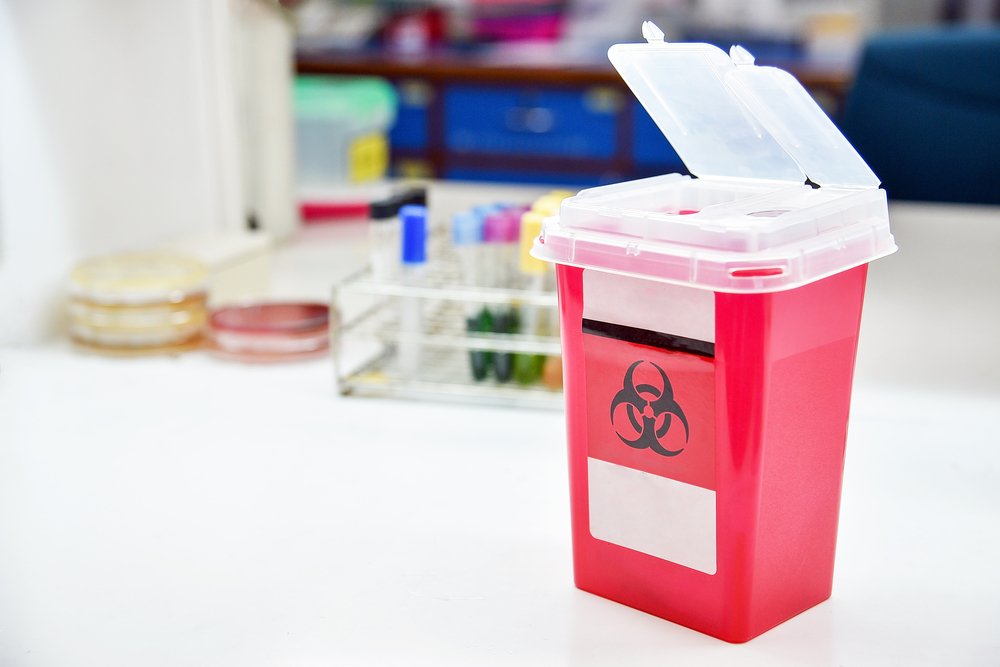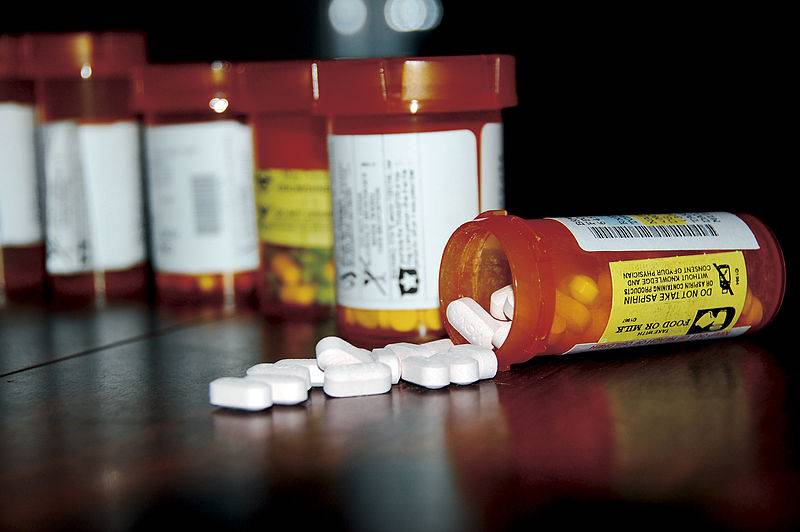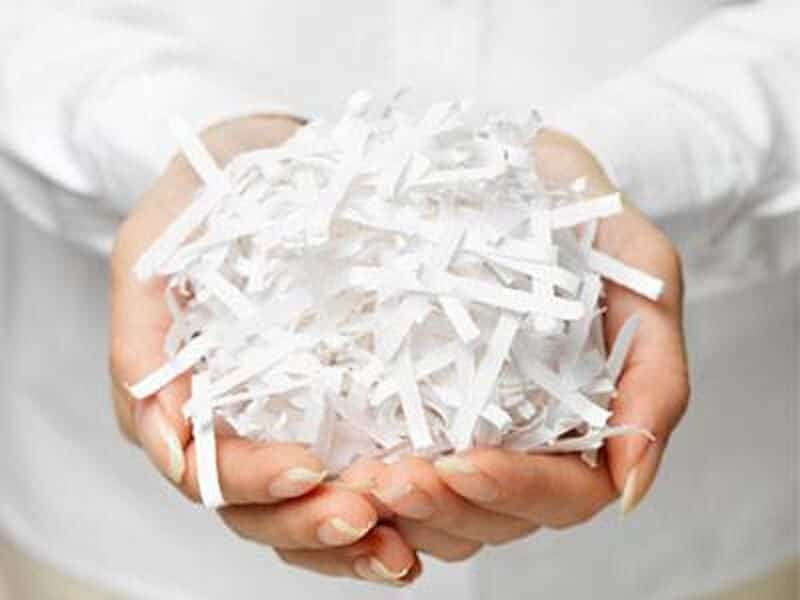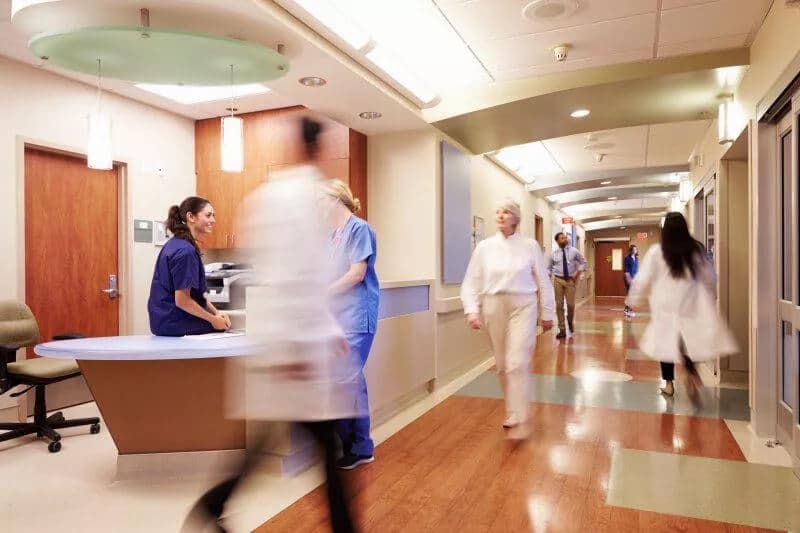Medical Waste Disposal Phoenix, AZ
MedPro Disposal helps healthcare providers in Phoenix, AZ save an average of 30% on their medical waste disposal.
Phoenix, Arizona Medical Waste Disposal Services
MedPro Disposal offers medical waste disposal, infectious sharps waste management, OSHA compliance training including bloodborne pathogens training and certification, and HIPAA-compliance document shredding and data destruction services. MedPro Disposal keeps your practice safe and compliant so you can focus on what matters most, your patients.
Industries We Service
Take the MedPro Disposal challenge!
See how much MedPro Disposal can save your practice!
It’s Easy to Get Started With MedPro Disposal

Contact Us
Contact MedPro Disposal for a fast, free medical waste removal quote. We’ll get to know you, discuss your needs, and settle on a number. You may be surprised at how much you can save on medical waste disposal with MedPro Disposal.

Waste Pickup Date
Work with MedPro Disposal to determine your first pickup date. We’ll confirm your office hours and provide convenient options for medical waste and sharps pickup.

Compliance Survey
Complete a compliance survey. After we get to know your requirements, we’ll send you a survey to identify any areas that need to be brought up to OSHA standards.
All three steps occur at no additional cost to your practice. You’re on your way to safe, affordable, compliant medical waste removal!
Contact MedPro Disposal Today for a Fast, Free Quote!
Phoenix, AZ
Our MedPro main office wouldn’t know what to do with all the warmth in Phoenix. Considering we currently have a -22 wind chill here in the Windy City, we’d sure enjoy soaking up some Arizona sun sometime!
| Practice Type | Zip Code | Projected Annual Savings |
|---|---|---|
| Family Practice | 85004 | $14,900 |
| Family Practice | 85014 | $5,756 |
| Surgery Center | 85028 | $1,090 |
Find Out How Much You Can Save Instantly
Try our on-line savings calculator.
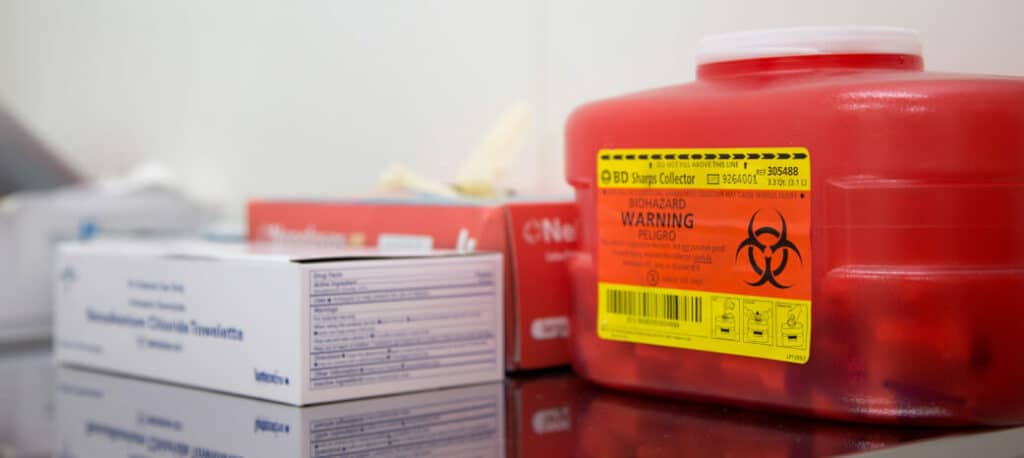
MedPro Medical Waste Disposal Phoenix, Arizona Serves Healthcare Professionals in America’s 6th Largest City.
With a growth rate of over 4% for the past for decades, Phoenix truly is a city on the rise. The greater metropolitan area is served by over 56 hospitals and medical centers, with several nationally ranked for high levels of care and for research.
The Mayo Clinic has a facility in Phoenix, and St. Joseph’s Hospital, Phoenix Children’s Hospital, and the Arizona Heart Institute also provide excellent medical care to residents. There are thousands of healthcare professionals working in these facilities as well as in doctor’s offices, clinics, and laboratories throughout the region.
As varied as these facilities and specialties are, they all have one thing in common: medical waste. Medical waste is loosely defined as a solid or liquid including discarded blood, sharps, unwanted microbiological cultures and stocks, identifiable body parts, other human or animal tissue, used bandages and dressings, discarded gloves, other medical supplies that may have been in contact with blood and body fluids.
Each state has different definitions, applications, and restrictions pertaining to medical or biohazardous waste, and in Arizona, the information is contained in the Arizona Administrative Code, – Title 18 Chapter 13 – and is regulated by the Department of Environmental Quality.
Medical Waste Disposal Phoenix, AZ
So who deals with medical waste?
Medical waste is picked-up, transported, and disposed of by licensed, insured, trained professionals who are charged with maintaining strict standards to protect the public and healthcare workers.
MedPro Medical Waste Disposal Phoenix, Arizona is pleased to be a part of the Phoenix community of healthcare professionals, delivering superior service at very competitive rates for large medical centers, small doctor’s practices and everything in between. As a national leader in the medical waste disposal industry, MedPro is eminently qualified to service all medical facilities.
Cost is a major concern for the medical profession, especially in recent years when massive changes in regulations have created paperwork and problems for doctors, nurses, and office personnel. MedPro has listened to customers and instituted a one-flat-rate for invoicing that never presents hidden costs or extra charges.
A unique “right-sized” plan is created for every customer, so that pick-ups are scheduled to maximize efficiency. MedPro also tries to schedule pick-ups for nearby medical facilities on the same day, another way of staying efficient. We even offer a reward program for customers who refer us another proximal facility! Staying streamlined help everyone.
Another big issue is compliance. MedPro keeps up-to-date with regulations in Arizona as well all the other states we operate in. Our personal are trained and re-trained on the very latest safety standards.
Medical facility staff must also receive training, and MedPro is proud to offer a very unique platform, the MedPro Compliance Suite, an online source for OSHA and HIPPA training. The Suite also contains federal and state regulations, training on ICD 9 to ICD 10 transition, HazCom, MSDS/SDS and Safety Audits. Everything a medical staff needs to train, learn, certify, and stay safe.
Cost, training, right-sized service are part of the MedPro Advantage, something that is much more than a slogan. It’s a commitment to safety, service, and efficiency that has earned us a sterling reputation in the healthcare industry from coast-to-coast.
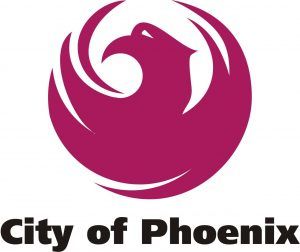
Bio Medical Solutions
Partnering with MedPro Medical Waste Disposal Phoenix, Arizona means peace-of-mind. We maintain substantial insurance coverage so the concern about what happens with medical waste after it leaves the facility rests with MedPro, not our customers.
“Customer service” is a term that many times involve dialing an 800 number and then waiting for a computer to speak with. MedPro has created a very important position in our company, the Dedicated Customer Advocate. This is the contact person for every customer to reach out to and discuss service, billing, pick-ups, or training. Any question or issue, this person remains the “go-to” person throughout every customer MedPro relationship.
The MedPro website is also available if a customer wants to deal with us digitally. The training portal is accompanied by another portal for billing, and another for customer service concerns. All are monitored efficiently and response is immediate.
We hope that as Phoenix grows, our customers will grow their medical practices. As they grow, we are always available as a consultative resource, ready to revise plans to reach goals. A price quote is probably the first best step to be a recipient of the MedPro Advantage. Calling 888-641-6131 puts you in touch with someone who can help.
Sanitation and Proper Waste Management Are Integral to Phoenix, Arizona’s Healthcare
The relationship between a secure healthcare system and a robust economy is not unheard of. Within any ecosystem, two of the components mutually impact each other because of its shared area of concern: humans. Problems such as ageing populations and chronic illnesses are issues that both healthcare and the economy have to concurrently face.
Simply, if workers are too sick and consumers do not have purchasing power; it sets off the vicious cycle of economic downfall and an unhealthy, unproductive population.
The case of Phoenix, Arizona is testament to the benefits of a positive relationship between two of these sectors.

Phoenix: A Bustling City In The Desert
Phoenix is the capital and the most populous city in Arizona, and the fifth most populous city in the United States. As of 2020, the recorded population of Phoenix is approximately 1.7 million. The city has earned the moniker Valley of the Sun for being part of the Salt River Valley and being situated in the middle of a desert.
Culture & Entertainment
Where Los Angeles has a burgeoning film industry, Phoenix can be proud of its affinity for traditional arts. A large component of the entertainment sector in Phoenix are performing arts venues, museums, and fine art galleries/exhibits. Most of which are located in Downtown Phoenix (the central business district) which showcases a handful of prominent establishments:
- Phoenix Symphony Hall
- Phoenix Art Museum
- The Wells Fargo History Museum
- Phoenix Center for the Arts
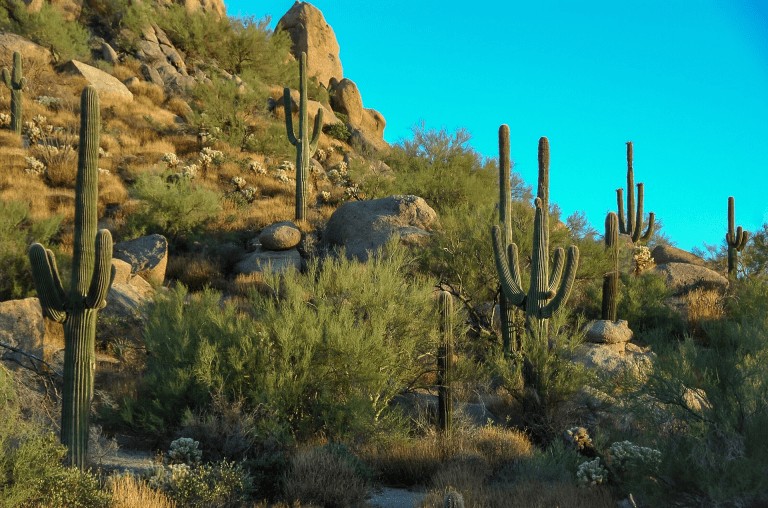

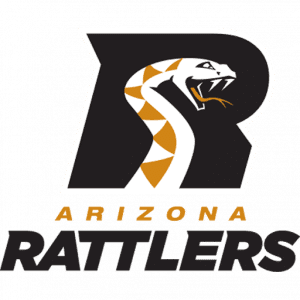
Moreover, Downtown also houses a variety of sports venues: Chase Field (formerly known as Bank One Ballpark) which is a baseball park where the Arizona Diamondbacks, Arizona’s Major League Baseball team, and Talking Stick Resort Arena where Arizona’s basketball (Phoenix Suns & Phoenix Mercury) and baseball (Arizona Rattlers) train.
In fact, earlier this year, Chase Field suffered a major hit from Major League Baseball (MLB) cancelling spring training that was originally supposed to be held there. According to Forbes, the city stood to lose as much as $100 million from the early cancellation of the Cactus League season which affects thousands of seasonal and volunteer jobs .
This season was supposed to feature teams that train in Arizona such as:
- Cleveland Indians
- Chicago White Sox
- Kansas City Royals
- Texas Rangers
As an alternative, the MLB, began talks of holding the 2020 season entirely in Phoenix, with the involved teams playing in front of an empty crowd. Fans stand to see if the MLB will apply tactics of considering virtual fan presence that the National Basketball Association have recently applied.

Healthcare Industry
The healthcare industry in Phoenix is one of its top industries, garnering $15.7 billion in GDP, only third to financial services ($12.3B) and real estate ($31B). This entails that Phoenix has a booming healthcare. The metropolitan area comprises about 56 hospitals and medical centers, the most prominent ones being: Mayo Clinic, Banner Boswell/University Medical Center, Chandler Regional Medical Center, etc. Mayo Clinic
Statistics show that Phoenix has a relatively healthy population. That the city has a significantly lower incidence of death as compared to the rest of the cities in the United States. The leading causes of death being:
- Alzheimer’s
- Pre-Natal Conditions
Furthermore, the city’s average of death via heart disease and cancer is half the country’s average deaths; those two conditions being the nation’s leading cause of death.
This is likely due to another top industry within the city, which ranks as its eighth highest income-generating industry: waste management.
The Valley of the Sun was a relatively unsustainable city that became well-known for its affinity for recycling. With the pandemic and its concurrent lockdowns keeping people at home, it was reported that recycling has gone up by 20% in the city. Additionally, as people become increasingly sanitary, their tendency to dispose of waste is higher. That is a good thing!
Except, some of these wastes are personal medical wastes such as:
- Tissue papers
- Disposable facemasks
- Disposable gloves
- Cotton / Cotton buds
These are toxic/biohazard wastes that can be extremely harmful. Ordinary recycling does little to prevent risks, but much akin to hospital waste management, these cases require biomedical waste solutions based in Phoenix Arizona that have passed the OSHA compliance. The OSHA compliance certifies that a certain company is:
“…prepared for each practice location and should include sections on exposure to blood-borne pathogens, hazardous chemicals and tuberculosis.”
Hospitals’ Sanitary Practices
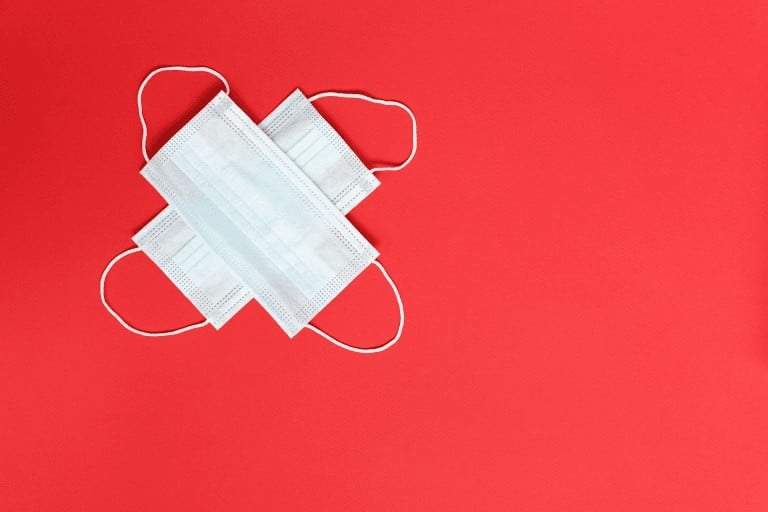
Personal Protective Equipment
Health practitioners wear personal protective equipment (PPEs) such as gloves, masks, and safety glasses. This guarantees protection from here contaminated molecules in the environment and infecting the practitioner. Conversely, if the practitioner has a certain health condition, contaminants would not leave further than the mask that the practitioer is wearing.
Sanitation & Waste Disposal
It isn’t just hospitals and testing clinics that generate biomedical wastes. In the state of Arizona, several businesses like research facilities, veterinary clinics, tattoo shops, pharmacies, dental clinics, and etc. also produce toxic wastes that are classified under the following categories:
- Cultures and stocks
- Human blood and blood products
- Human pathologic wastes
- Research animal wastes
- Medical sharps
An effective waste management system in Phoenix contributes a lot in keeping the city safe and productive.
Phoenix, AZ Local Resources
Here are some local Phoenix resources if you have any questions pertaining to Medical Waste Storage, Transportation and Disposal.
Dept. of Environmental Quality
Dept. of Environmental Quality

1110 West Washington St. Phoenix, AZ 85007

602-771-4208
Maricopa County Environmental
Maricopa County Environmental

301 W. Jefferson St. Phoenix, AZ 85003

602-771-2300
Department of Health
Phoenix Department of Health

150 North 18th Avenue Phoenix, AZ 85007

602-542-1062
Supply and Other Resources for Phoenix
Here is a handy list of local supply and other resources we have gathered that you should find useful.
Chamber of Commerce
Chamber of Commerce

201 North Central Avenue 27th Floor Phoenix, AZ 85004

602-495-2195
Giant Coffee
Giant Coffee

1437 North 1st St. Phoenix, AZ 85004

602-396-7215
Medical Supply Company
Medical Supply Company

2229 East Magnolia St. Phoenix, AZ 85034

(602) 495-2195
Phoenix Little-Known Facts
Greater Phoenix (which includes, among others, the cities of Chandler, Glendale, Scottsdale and Tempe) has a population of nearly 4.3 million and covers 2,000 square miles. Phoenix is the United States’ sixth-largest city with a population of over 1.4 million. According to legend, Phoenix gets its name from Cambridge-educated pioneer Darrell Duppa, who saw the ruins and prehistoric canals of the Hohokam and believed another civilization would rise from the ashes.
Have questions about compliant biohazard waste and sharps waste disposal best practices?
Why Choose MedPro Disposal for Medical Waste & Sharps Container Disposal?
Methods of Phoenix Medical Waste Disposal
On-site Medical Waste Collection
Package medical waste on-site, then leave it for collection by a medical waste disposal company.
Mailback Waste Disposal
Properly package and label the sharps, then send the biohazardous waste safely through the mail for disposal.
